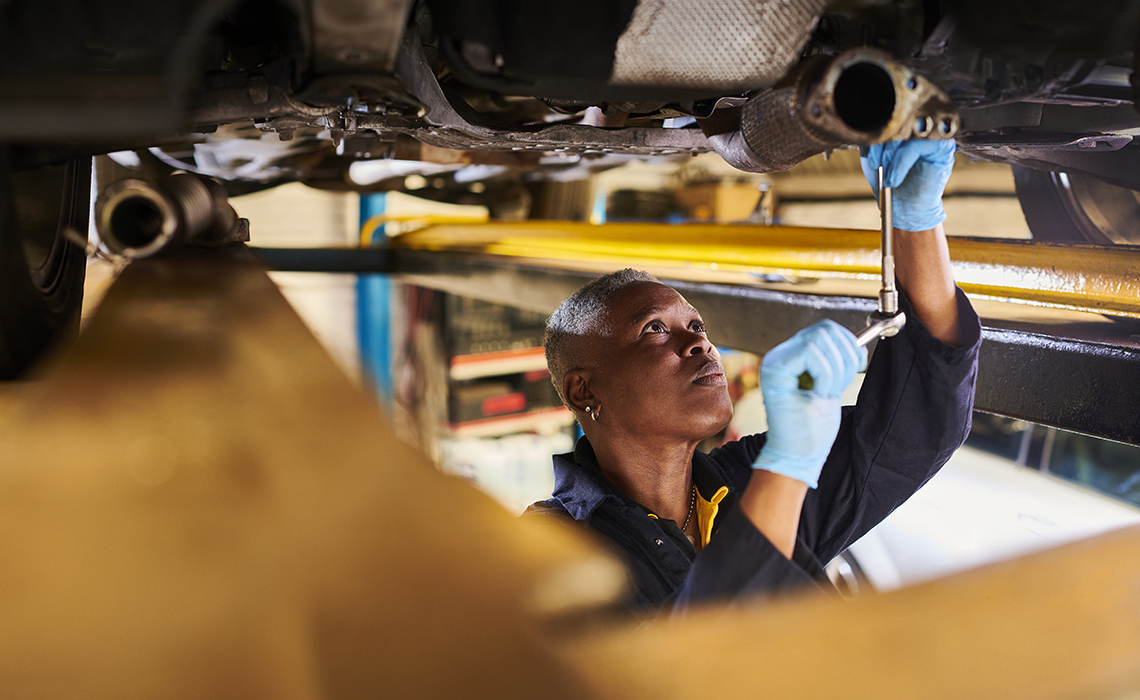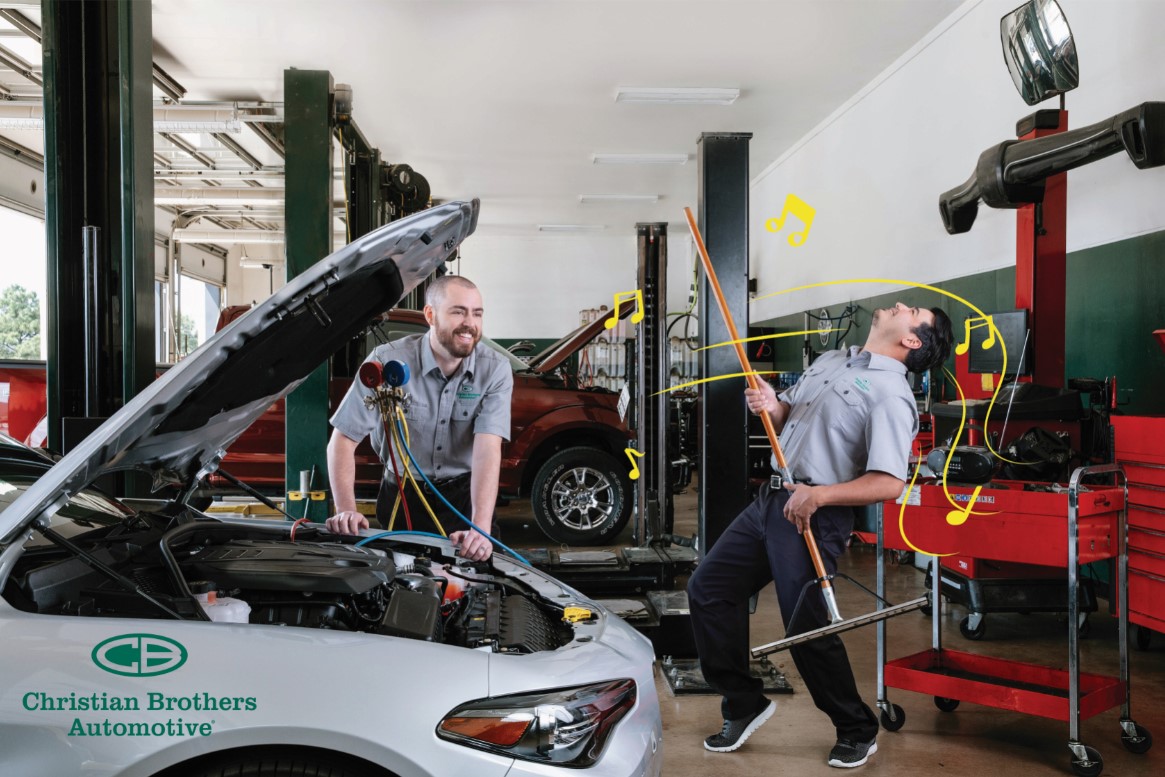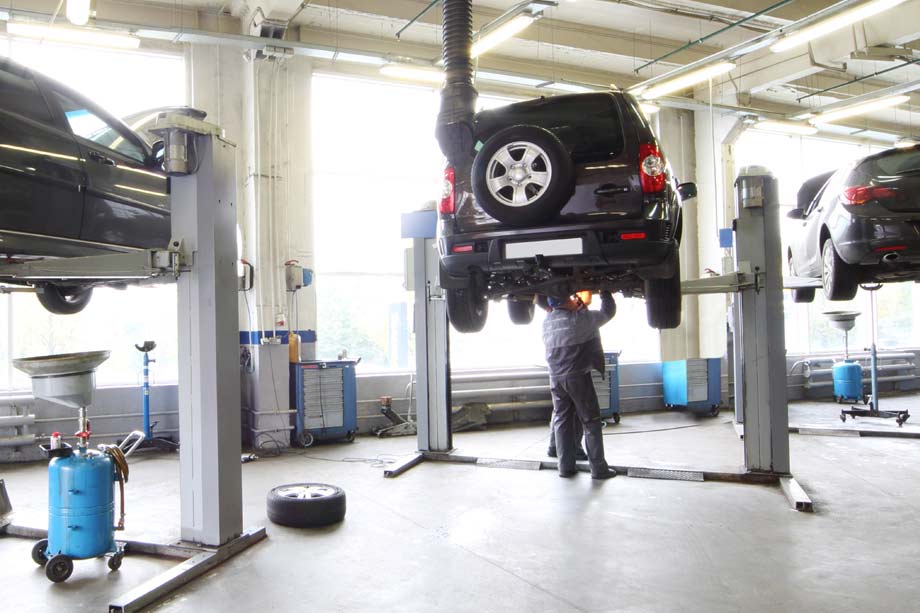All Categories
Featured
Engine fixings are commonly one of the most pricey fixings you could come across as a vehicle owner. The price of fixing or replacing components of your engine can differ commonly, and numerous variables play a role in determining the last price.
For instance, an easy oil modification or spark plug substitute might just cost you a couple of hundred dollars, while an engine reconstruct or replacement can cost a number of thousand bucks. The level of the problem and the components that need to be changed are essential elements in computing the final costs.
![]()
Furthermore, the quantity of labor required relies on the type of engine issue. A repair service requiring full engine disassembly will take much more time than changing a basic component, and this additional time is shown in the labor price.
![]()
In addition, the make and model of your vehicle can impact the expense of engine repair work. Deluxe or foreign automobiles usually need more costly parts that may be more difficult to discover, driving up the total repair work cost. Common domestic cars often tend to have quicker offered components and might be less expensive to fix.
Older automobiles might additionally have trouble sourcing parts, particularly if the lorry is discontinued or unusual. In such cases, you might require to use refurbished or utilized parts, which can in some cases minimize costs but may come with added threats regarding quality and integrity.
On the other hand, lorries from even more usual brand names like Ford, Toyota, or Honda tend to have lower fixing prices due to the fact that their components are a lot more widely readily available, and numerous auto mechanics recognize with them. Repair stores often have the required equipment for these vehicles, which helps in reducing labor time and expenses.
![]()
Conclusion. Engine repair service prices can be considerable, but understanding the elements that influence these prices can help you make far better choices when it comes time for repair work. The seriousness of the damages, the kind of components used, labor rates, the make and model of your lorry, and the analysis charges are all essential aspects that contribute to the complete repair expense.
- The Level of the Damages. The extent of the engine issue is maybe one of the most considerable element in establishing the price of repairs. Minor engine troubles, such as damaged stimulate plugs, harmed belts, or a malfunctioning sensor, are usually less expensive to fix since they don't need taking apart the engine. On the other hand, more significant issues like a fractured cylinder head, blown gasket, or a damaged crankshaft can be extremely expensive due to the complexity and comprehensive labor included.
For instance, an easy oil modification or spark plug substitute might just cost you a couple of hundred dollars, while an engine reconstruct or replacement can cost a number of thousand bucks. The level of the problem and the components that need to be changed are essential elements in computing the final costs.

- Labor Expenses. Labor is just one of the key costs linked with engine repair work. This is specifically real for intricate repair work, as dealing with engine troubles frequently needs hours or perhaps days of job. Labor prices can differ depending on where you live, as service center in metropolitan areas generally bill much more per hour than those in backwoods. Generally, labor rates can range from $80 to $150 per hour, with even more specialized or experienced mechanics charging higher prices.
Furthermore, the quantity of labor required relies on the type of engine issue. A repair service requiring full engine disassembly will take much more time than changing a basic component, and this additional time is shown in the labor price.
- Components and Products. The expense of replacement parts can also vary substantially, especially if you're using original equipment supplier (OEM) parts or high-performance elements. OEM parts are usually a lot more expensive than aftermarket components, however they are often advised to make certain the longevity and appropriate feature of the engine. Aftermarket parts are normally much less costly and can provide an extra inexpensive alternative, but they might not constantly fulfill the same quality criteria as OEM parts.

In addition, the make and model of your vehicle can impact the expense of engine repair work. Deluxe or foreign automobiles usually need more costly parts that may be more difficult to discover, driving up the total repair work cost. Common domestic cars often tend to have quicker offered components and might be less expensive to fix.
- Age and Mileage of the Lorry. The age of your vehicle plays a significant duty in establishing the expense of engine repair work. Older automobiles with high mileage have a tendency to have even more deterioration on the engine elements, which suggests that repair work may be a lot more costly and substantial. In time, engine components wear down and are more likely to fall short, leading to more constant repair work.
Older automobiles might additionally have trouble sourcing parts, particularly if the lorry is discontinued or unusual. In such cases, you might require to use refurbished or utilized parts, which can in some cases minimize costs but may come with added threats regarding quality and integrity.
- Vehicle Make and Design. The specific make and design of your vehicle will heavily influence the expense of engine repair work. As an example, high-end brands like BMW, Mercedes-Benz, and Audi frequently have greater repair expenses since their components are more pricey, and specialized knowledge is needed to service them. In addition, these brands might require details devices or analysis devices, which can contribute to the total expense.
On the other hand, lorries from even more usual brand names like Ford, Toyota, or Honda tend to have lower fixing prices due to the fact that their components are a lot more widely readily available, and numerous auto mechanics recognize with them. Repair stores often have the required equipment for these vehicles, which helps in reducing labor time and expenses.

- Analysis Fees. Before performing any type of repair services, the auto mechanic will normally perform an analysis examination to determine the origin reason of the trouble. Some fixing stores might provide a price cut or waive this cost if you determine to proceed with the recommended fixings, while others might bill it separately.
- Area of the Service Center. Where you take your vehicle for repairs can additionally influence the rate. Shops in high-cost-of-living areas commonly charge more for both labor and components due to overhead costs. On the other hand, service center situated in smaller communities or much less inhabited locations might supply a lot more competitive prices. This rate difference is something to take into consideration when searching for a repair store, especially if you're facing a large fixing costs.
Conclusion. Engine repair service prices can be considerable, but understanding the elements that influence these prices can help you make far better choices when it comes time for repair work. The seriousness of the damages, the kind of components used, labor rates, the make and model of your lorry, and the analysis charges are all essential aspects that contribute to the complete repair expense.
Latest Posts
Occasion Locations at FunCity Hotel: Perfect Spaces for Every Celebration
Published Apr 18, 25
1 min read
NAPA AutoCare Certified: Trust Montclare Auto Repair for Quality Service
Published Apr 17, 25
2 min read
Montclare Auto Repair: The Leading Auto Service Provider in Montclare
Published Apr 17, 25
2 min read
More
Latest Posts
Occasion Locations at FunCity Hotel: Perfect Spaces for Every Celebration
Published Apr 18, 25
1 min read
NAPA AutoCare Certified: Trust Montclare Auto Repair for Quality Service
Published Apr 17, 25
2 min read
Montclare Auto Repair: The Leading Auto Service Provider in Montclare
Published Apr 17, 25
2 min read